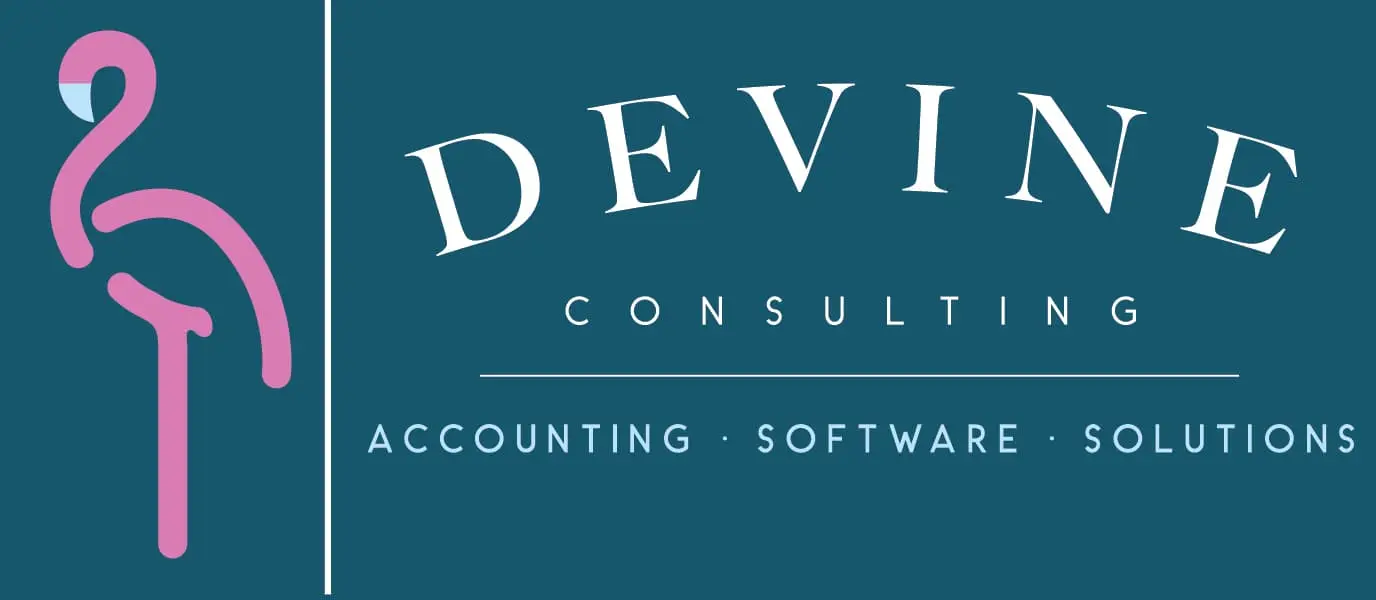HR vs. Accounting: A Brief Rundown of the Debate
If you were to ask some of the world’s most seasoned managers: “who handles payroll in a company,” they would probably say it depends on your organization’s structure. This could be something as simple as the size of your business or your revenue.
Alternatively, many believe payroll is the responsibility of the company’s human resources department. Factors like the involvement of a third-party vendor that can help provide financial data, or the possibility of confidential wage-related questions from employees could be raised as arguments for why an HR specialist is more than capable of handling this function.
While this position makes sense on a baseline level, we believe that payroll services should primarily fall under accounting. Companies benefit from a clear separation of duties, and accounting is often so intricate that leaving the payroll tasks to an inexperienced team could be costly. Before getting too deep into our stance, however, let’s explore the functions of payroll in both a human resources and an accounting context.
The Function of Payroll in an HR Department
As an inherent employee-facing function, it makes sense that so many people believe payroll processes best fit HR. This department is responsible for so many internal tasks, like:
- Recruitment
- Bonus Payments
- Changing Employment Pay Rates
- Benefit Deductions
- Vacation Leaves
- Salary Increases
- Tracking Start and Termination Dates
Without careful attention to these processes and the time they take to complete, the human resources department could face significant issues from delayed paychecks and incorrect information.
Why the HR and Payroll Process Is Limited
As we’ve mentioned, as useful and efficient HR-based payroll processes are for managing employee relations, there’s still a lot of room for oversight. At the most basic level, payroll is also results-oriented and requires heavy knowledge of accounting and tax laws.
The average HR employee won’t have the expertise to operate complex accounting software and financial systems. Plus, we can’t think of too many companies that would appreciate people who aren’t certified in accounting having full access to their accounting system. Not only would this grant more opportunities for glaring errors, but it could also increase the probability of security breaches.
There’s the alternative of human resource specialists who have been trained in accounting, but the collective outcome of this strategy has yet to be determined. As payroll is typically a firm’s largest expense, HR employees who can at least accurately comply with tax regulations and other mandates are extremely valuable.
With Devine Consulting, your payroll processes are never limited. Learn more about our comprehensive accounting strategy.
How Payroll Functions in Accounting
Alternatively, a company’s financial or accounting department should always be responsible for more numbers-driven tasks, like:
- Frequent Audits of Payroll Financial Data
- Taxation Compliance
- Reconciliations
- Data-Entry
- Posting to the General Ledger
- Budgetary Reporting/Monitoring
- Strong Internal Controls
While employee-focused HR functions are just fine on their own, it’s pretty evident that each company needs a dedicated finance department to handle the most pressing issues.
Where These Functions Intersect
While we believe a clear separation of duties is a healthy trait of a functioning organization, there are still ways that HR and finance departments can work together to execute a successful payroll strategy. Payroll processing can be classified as an accounting-based action, but it still needs most of its input data from human resources and its workplace timekeeping strategies. By keeping the organization’s goals in mind, the best payroll strategy creates synergy between the human elements and the hard data.
How Do I Know What Type of Payroll Setup My Business Needs?
If you’re on the fence about which payroll functions your organization should prioritize, thankfully, you have the flexibility to adjust your setup to accommodate your needs (within reason). Consider the following scenarios and the options you could take:
- If your company is smaller or less-established, delegating most of your payroll tasks to your HR department is a wise choice. Smaller companies have less employee turnover rates, and there’s greater opportunity for employees to understand the administrative processes of an organization.
- A dedicated finance department is best for a large organization with the resources to use the best quality automated software. And with a significantly high turnover rate, you need a way to consistently keep tabs on your employees.
- If you simply don’t have the time or strategy to adequately maintain your payroll or delegate a specific department to manage it, hiring an outsourced accounting firm is a great way to gain insight into your company’s performance.
Key Takeaway
Payroll functions are vast, and while they should largely be associated with accounting, your business can seamlessly integrate your operations with human resource processes, as well.
Need Assistance With Managing Your Payroll? Call on Devine Consulting
Devine Consulting, LLC. has robust accounting services to help you stay informed about your finances. From payroll and financial systems to reporting and banking, we’re a champion for high-quality tools that can help reach your business goals.
You’ll never regret outsourcing to a knowledgeable team that cares. After all, we’re:
- Fun
- Reliable
- Accessible
- Nurturing
- Knowledgeable
Let’s build a relationship. Join the flock today and elevate your financial future. Request a consult today.

